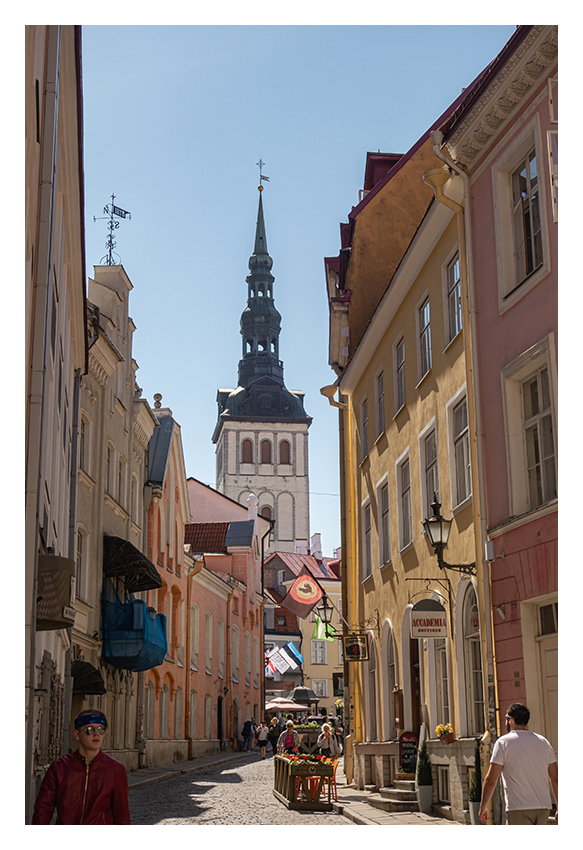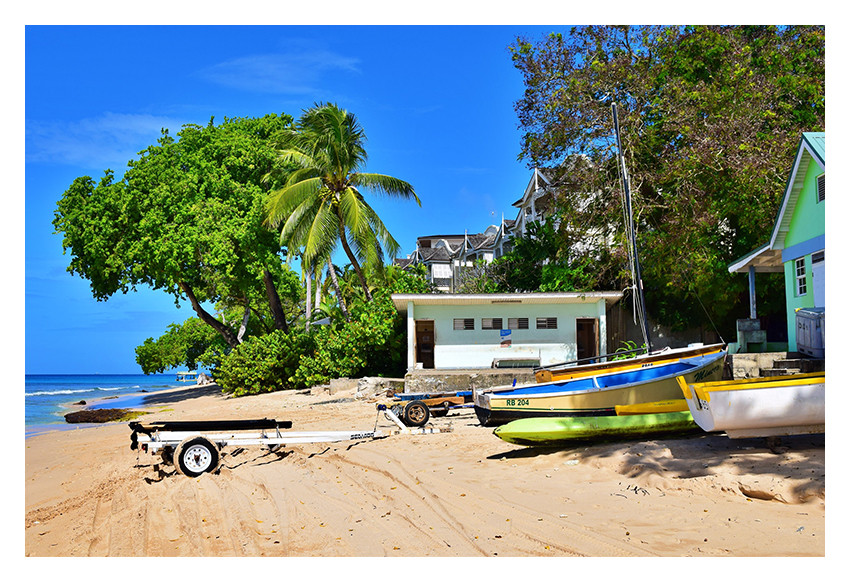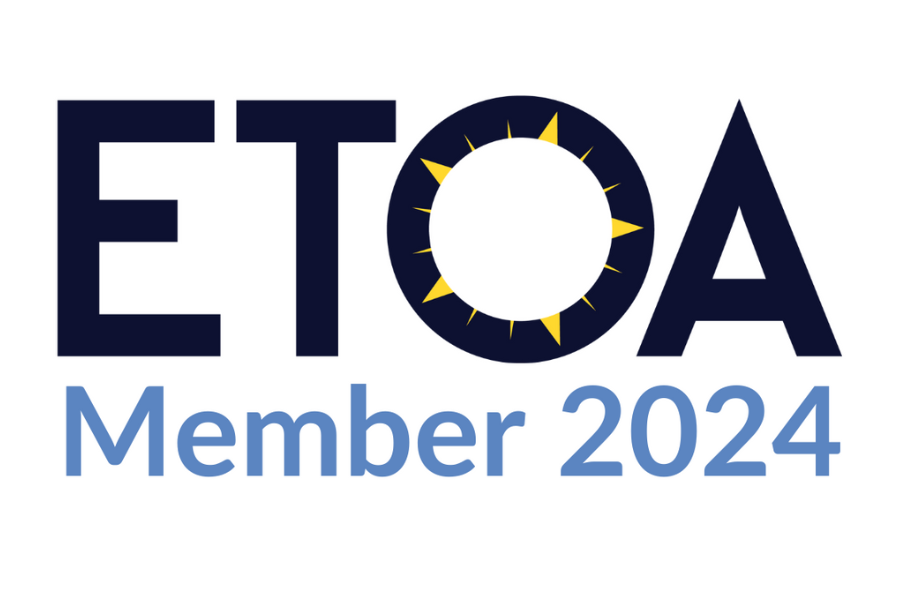
Covid-19 has made working from home a more accepted
norm but who’s to say ‘home’ has to be your regular one? Here are some more exciting places to work
Four Destinations for Digital Nomads is a feature from Issue 4 of Charitable Traveller. Click to read more from this issue.

Estonia
Estonia’s new Digital Nomad visa allows foreigners to live and work for up to a year for €100 if they have an income of just over £3,000 a month. The ex-Soviet country was the first in the world to declare internet access a human right and is dubbed the most advanced digital society in the world (99% of public services are online), but it’s still relatively cheap to live. Estonia’s unique culture is influenced by its Baltic neighbours as well as Finland and its draws include attractive medieval cities, a Baltic coast of sandy beaches and islands covered in pine and juniper forests and wild national parks home to bears and lynxes.

Bali, Indonesia
Hugely popular with digital nomads, compact Bali is affordable, has great weather, good food (local and western), strong Wi-Fi and a relaxed atmosphere with leisure options galore from surfing and yoga retreats. Because it was popular for remote working before that was popular, Bali has a huge choice co-working spaces and coffee shops which welcome freelance foreigners, particularly in Canggu and Ubud. However, visas aren’t straightforward and many workers exist on visitor visas, leaving the country regularly in order to renew them – fine if you’re travel blogger, not so good if you’re a lawyer.
Medellín, Colombia
Infamously the home of Pablo Escobar, Colombia’s ‘city of eternal spring’ has cleaned up a lot since the days of the cartel and become a hotspot for remote workers, in particular entrepreneurs and start-ups. A friendly ex-pat scene makes this metropolitan hub feel less daunting while good Wi-Fi and cheap living costs are a big draw. Speaking Spanish is an advantage. The city is in a valley but surrounded by greenery including Parque Arví with its pre-Hispanic ruins, pine and eucalyptus forest. A few hours south of the city is coffee country.


Barbados
Barbados launched the Welcome Stamp last summer, a 12-month visa allowing remote workers to do their business from a Caribbean beach, or wherever else on the tropical island they fancy. For just over £2,500 per person (or around £2,300 for a family) the destination promises a great work-life balance thanks a solid infrastructure, stable economy, good healthcare facilities and education and reliable and fast internet, as well as beautiful beaches and a culture ‘based around food and partying’.
Four Destinations for Digital Nomads
Covid-19 has made working from home a more accepted norm but who’s to say ‘home’ has to be your regular one? Here are some more exciting places to work
Four Destinations for Digital Nomads is a feature from Issue 4 of Charitable Traveller. Click to read more from this issue.
Estonia


Bali, Indonesia
Barbados



















 by net effect
by net effect